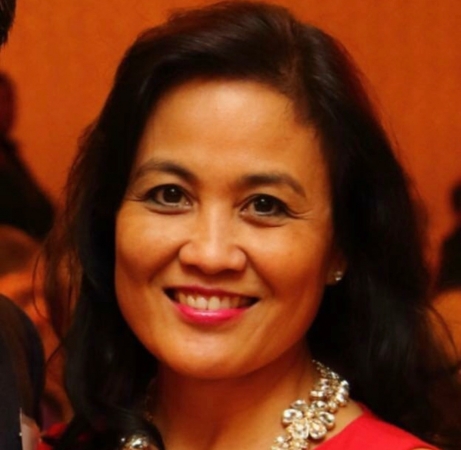For as long as she can remember, Marigold “Gold” Suarez, knew she wanted a career in healthcare.
“I’ve always been fascinated with the healthcare industry,” said Suarez, director of therapy services at UT Health Tyler. “As far back as I could remember, even as a kid, I role-played being a doctor and considered pursuing medical school.”
However, during her undergraduate studies in college she had the opportunity to visit a rehabilitation center, where she was introduced to physical therapy. She was moved by the close interaction between therapist and patient and by the joy apparent on their faces as the patient made progress.
“There was a burn patient, a patient who was an amputee, a stroke patient — just a variety of patients and I witnessed how the therapists were interacting with them,” Suarez said of that first encounter with physical therapy. “I didn’t have plans to be a physical therapist, I’d never heard of it. I think seeing it is when I realized ‘That’s my calling.’”
Suarez, who was born and raised in the Philippines, worked at the hospital where she trained until she was recruited to take a position in the U.S. when she was in her 20s. When she arrived in Tyler from the Philippines, she was struck by how quiet it was compared to the bustling city where she was from, but she has long since considered it home.
Suarez progressed in her career here and now oversees therapy services, which covers occupational, physical and speech therapy, for UT Health Tyler. She said she finds her career fulfilling not only because of the difference she makes in patients’ lives, but those of her coworkers as well.
“It’s so rewarding making an impact on people’s lives, and now being a director I also can share my knowledge to my peers because they’re the future, whether as leaders, therapists or whatever they choose,” Suarez said. “For me, knowledge is so powerful, but knowledge is useless when you don’t share it.”
Suarez said she also hopes to make an impact on future generations through her work as a member of the UT Health East Texas Diversity and Inclusion Council.
“We’re all different, but we all want to have a sense of belonging and be accepted. We can be diverse in so many ways, not just the ways that are visible,” she said. “And it’s not just your coworkers, but even patients. You really can’t provide the best care and be sensitive to them if you don’t accept them for who they are because every patient is different.”

